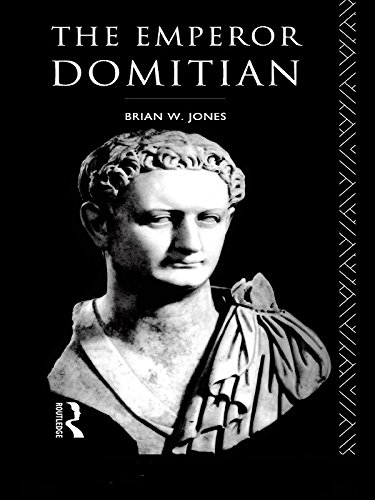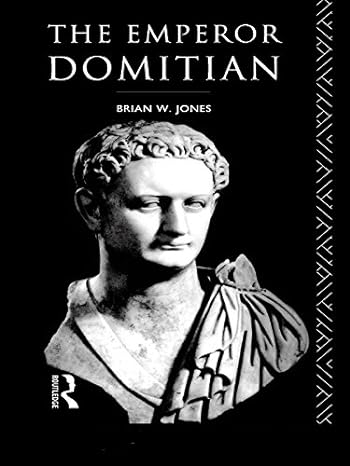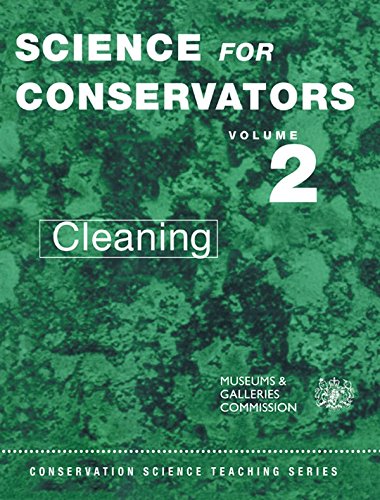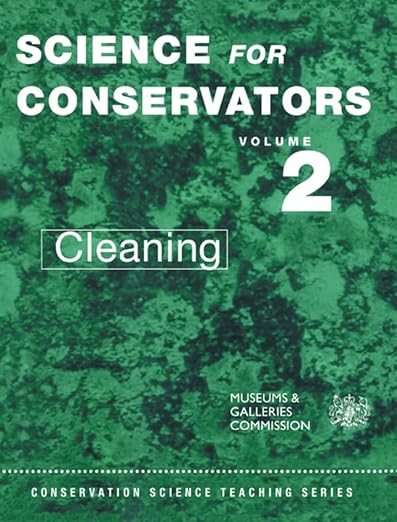
Handbook of Theories of Aging, Second Edition (PDF/EPUB Version)
$18.99
The field of gerontology has often been criticized for being “data-rich but theory-poor.” The editors of this book address this issue by stressing the importance of theory in gerontology. While the previous edition focused on multidisciplinary approaches to aging theory, this new edition provides cross-disciplinary, integrative explanations of aging theory: The contributors of this text have reached beyond traditional disciplinary boundaries to partner with researchers in adjacent fields in studying aging and age-related phenomena.
This edition of the Handbook consists of 39 chapters written by 67 internationally recognized experts in the field of aging. It is organized in seven sections, reflecting the major theoretical developments in gerontology over the past 10 years.
Special Features:
- Comprehensive coverage of aging theory, focusing on the biological, psychological, and social aspects of aging
- A section dedicated to discussing how aging theory informs public policy
- A concluding chapter summarizing the major themes of aging, and offering predictions about the future of theory development
Required reading for graduate students and post doctoral fellows, this textbook represents the current status of theoretical development in the study of aging.
eBook features:
- Highlight, take notes, and search in the book
- In this edition, page numbers are just like the physical edition
- Create digital flashcards instantly

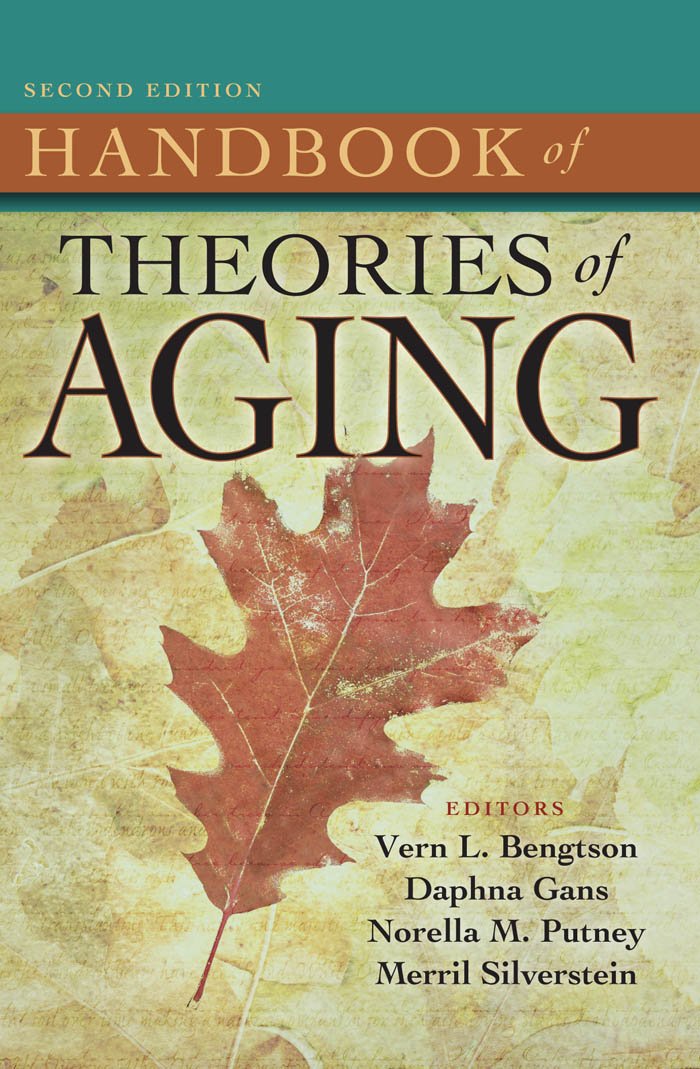
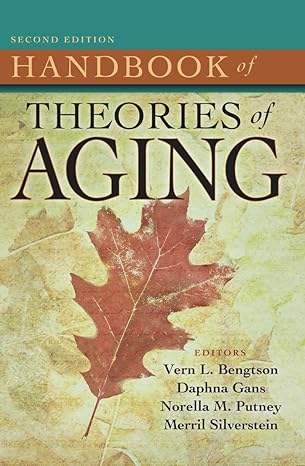
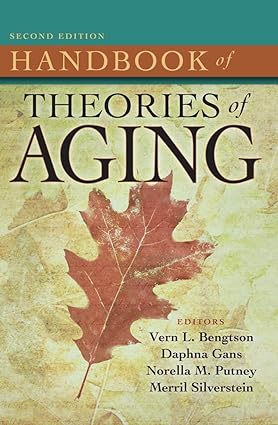

_nb0pl4vrf0.jpg)
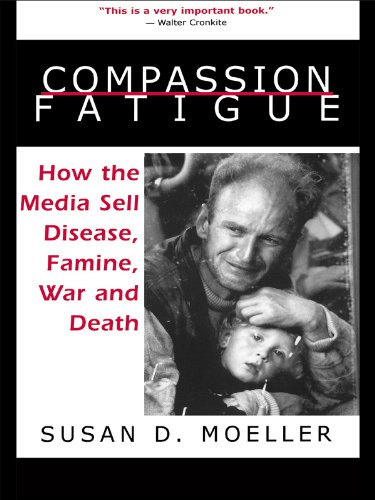
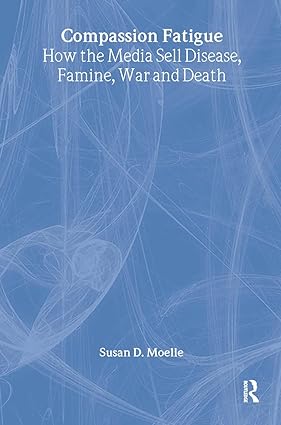
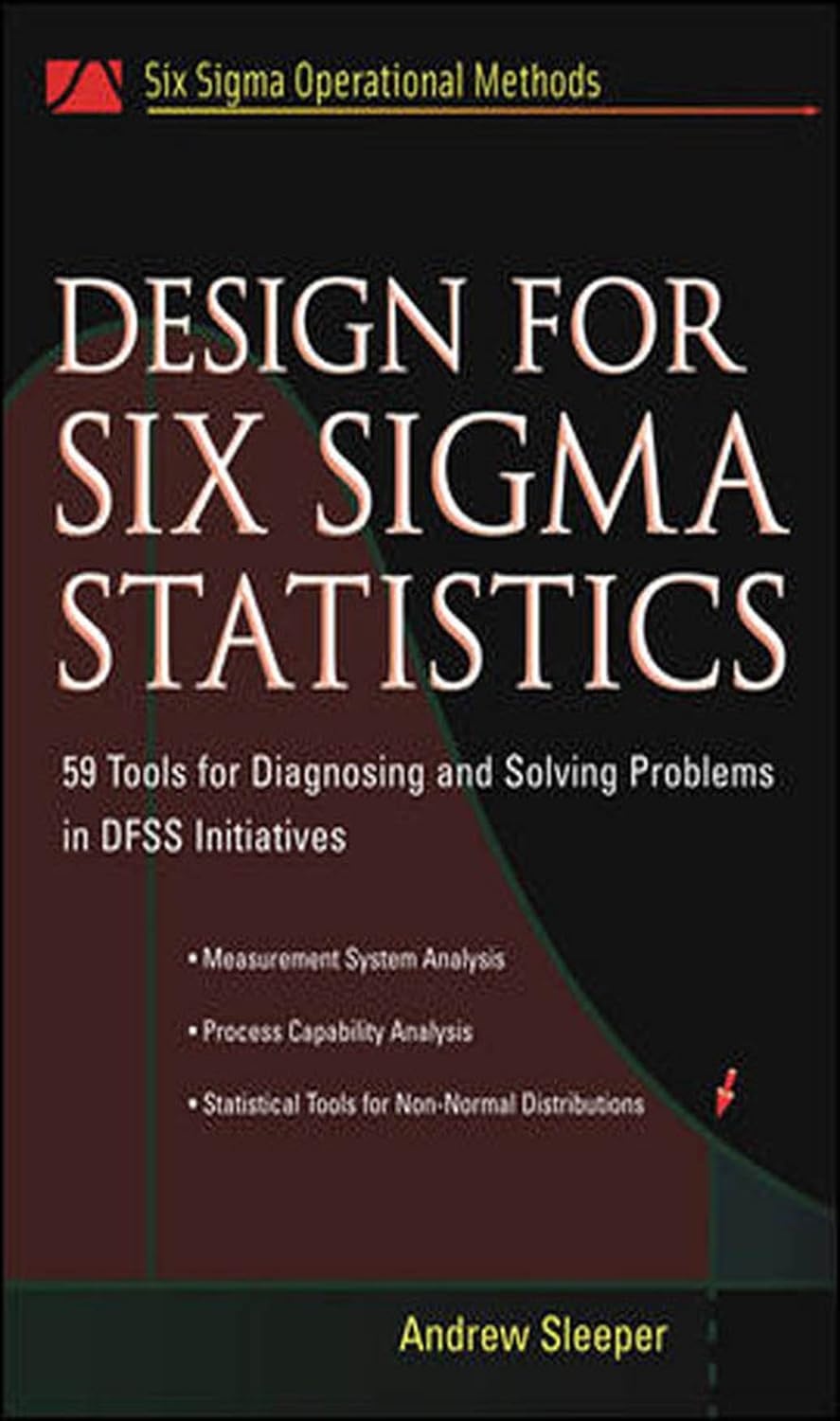
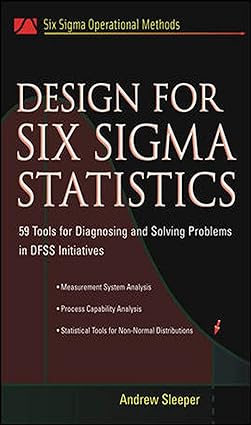
_jqegejqbka.jpg)
_d6yhvb7jjx.jpg)


_how_to_design_and_deliver_successful_business_presentations_anif5kxtbo.jpg)
_how_to_design_and_deliver_successful_business_presentations_lvclkx62zf.jpg)
_(certification_press)_pfpwp1gw32.jpg)
_(certification_press)_p7lctr3fbt.jpg)
